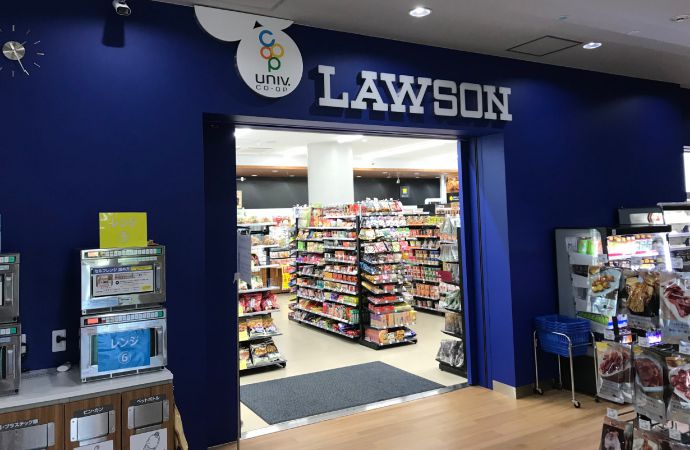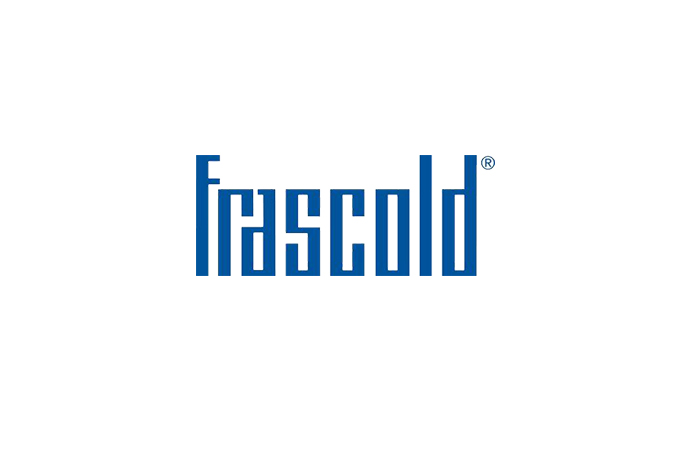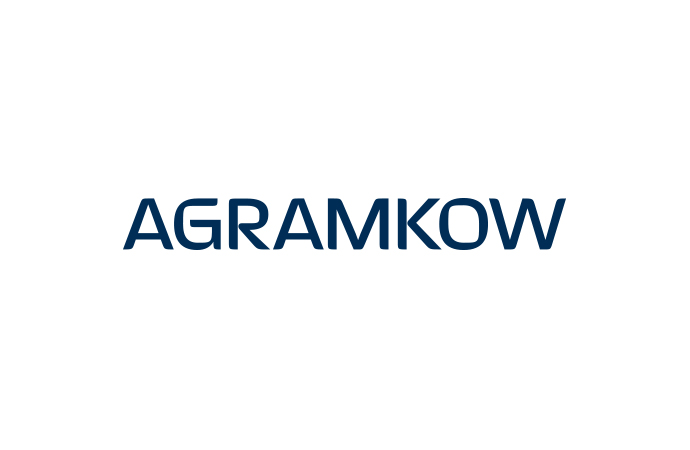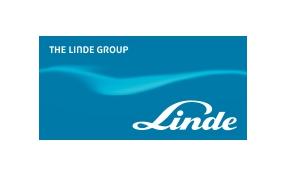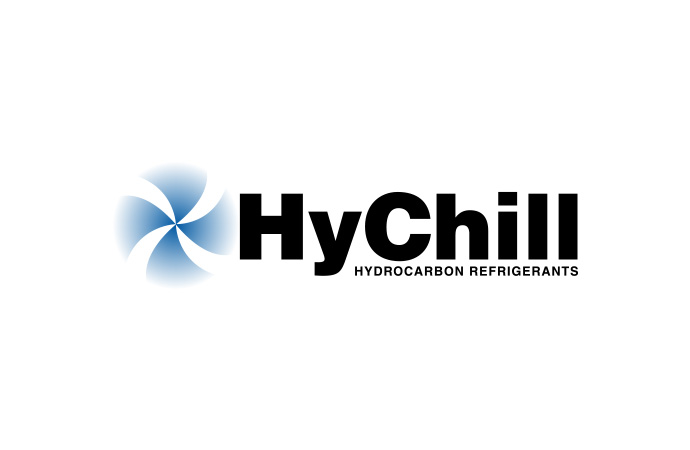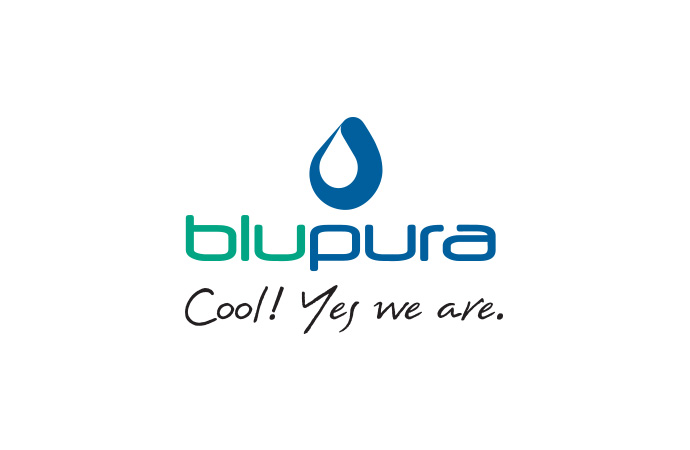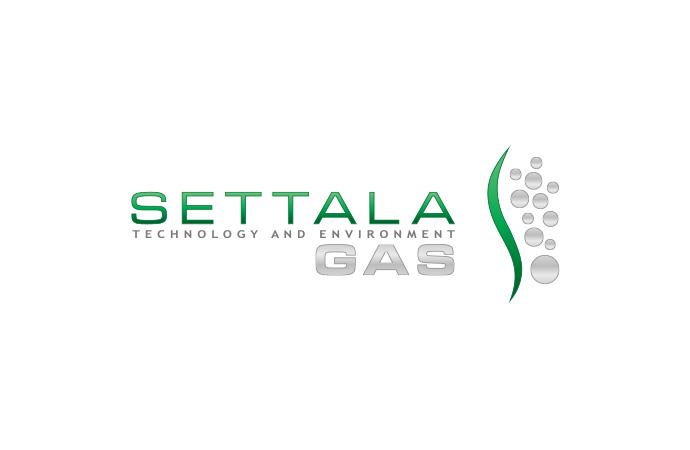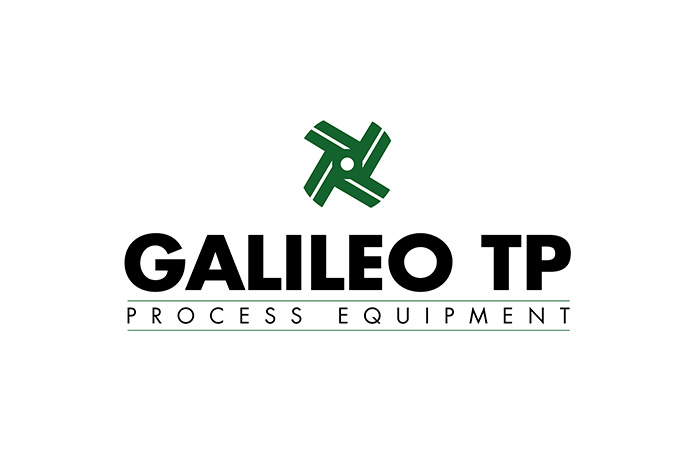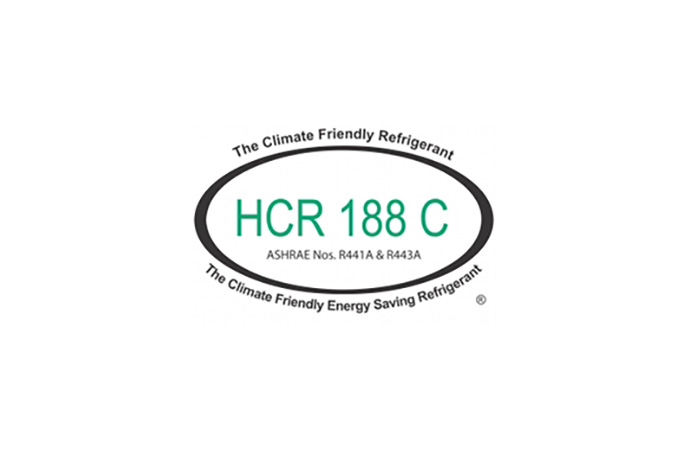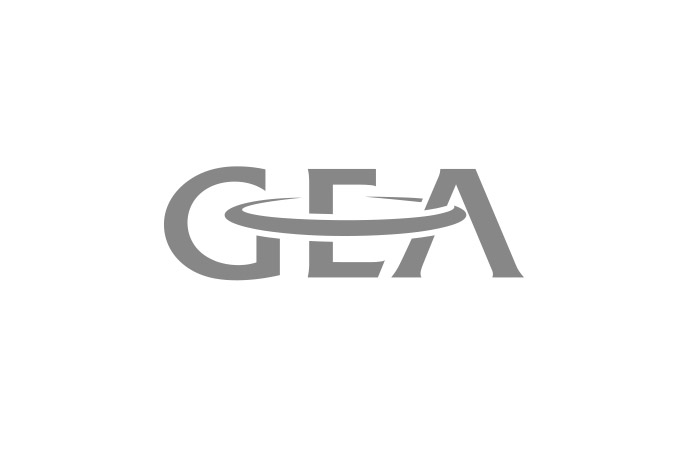From 7-9 September 2011, a delegation of technicians from Ghana received theoretical and practical training on the safe handling and design of equipment with hydrocarbon refrigerants at the headquarters of the Centro Studi Galileo, Casale Monferrato, Italy. The training is in line with the country’s efforts to phase out HCFCs and establish a safe hydrocarbon and natural refrigerant use culture.

The purpose of the training was the transfer from Italy to Ghana of knowledge on the latest technologies in refrigeration that respect the environment and result in energy conservation. In particular, the objective is to replace hydrochlorofluorocarbons HCFC refrigerants with technology that uses climate friendly hydrocarbon refrigerants.
Marco Buoni, technical director of Centro Studi Galileo - the institute nominated to carry out the training - and Vice President of the European Association of Contractors in refrigeration, air conditioning and heat pumps technology, said: “this training is important not only for Ghana and for Africa, but for the entire world; it is extremely important to make the sector aware of the importance of handling those refrigerants correctly, especially as they are particularly efficient in domestic and commercial refrigeration applications, if handled in a proper and safe way. The technicians we have trained will now go back to Africa to spread this message, and to allow African contractors to start working correctly, in the most effective way".
Elements of the hydrocarbon course attended by Ghana delegation
Several lecturers of Centro Studi Galileo and the Italian RAC industry took turns to deliver the theoretical training of the Ghanaian engineers, including:
Background: hydrocarbons role in achieving Ghana's Montreal Protocol commitments
Ghana is a signatory to the Montreal Protocol, operating under Article 5 of the Protocol and is eligible for assistance under the Multilateral Fund. The estimated installed capacity of refrigeration and air conditioning units in the country, excluding domestic refrigeration units, amounted to about 1.86 million units in 2008.
A safe and sustainable use of hydrocarbons will play a key role in achieving a dual benefit of ozone layer and climate protection in Ghana, where it is expected that hydrocarbons will become a widely used refrigerant.
The current stage of the implementation of Ghana’s HCFC phase out management programme (2010-2014) focuses on the establishment of safe hydrocarbon and natural refrigerant use culture to enable their safe use, through for example developing codes of good practices, training and certification of technicians, as well as activities to curb growing phase-in of HCFC-based refrigerant blends and an incentive programme to retrofit HCFC-based equipment to environmentally sound alternatives.
Marco Buoni, technical director of Centro Studi Galileo - the institute nominated to carry out the training - and Vice President of the European Association of Contractors in refrigeration, air conditioning and heat pumps technology, said: “this training is important not only for Ghana and for Africa, but for the entire world; it is extremely important to make the sector aware of the importance of handling those refrigerants correctly, especially as they are particularly efficient in domestic and commercial refrigeration applications, if handled in a proper and safe way. The technicians we have trained will now go back to Africa to spread this message, and to allow African contractors to start working correctly, in the most effective way".
Elements of the hydrocarbon course attended by Ghana delegation
Several lecturers of Centro Studi Galileo and the Italian RAC industry took turns to deliver the theoretical training of the Ghanaian engineers, including:
- Prof. Del Col and Claudio Zilio, from the University of Padua
- Cattabriga Gianfranco, the lecturer of Centro Studi Galileo
- Bassi Marino and Renzo Casamassima, from Embraco manufacturing industry, the producer of hydrocarbon compressors
- Other experts, including Claudio Fossati of Mondial Group, a company producing refrigerated display cases
- Training / practice at the facilities of Mondial Group
- Training / practice at the laboratory of CSG Palazzo Treviso
Background: hydrocarbons role in achieving Ghana's Montreal Protocol commitments
Ghana is a signatory to the Montreal Protocol, operating under Article 5 of the Protocol and is eligible for assistance under the Multilateral Fund. The estimated installed capacity of refrigeration and air conditioning units in the country, excluding domestic refrigeration units, amounted to about 1.86 million units in 2008.
A safe and sustainable use of hydrocarbons will play a key role in achieving a dual benefit of ozone layer and climate protection in Ghana, where it is expected that hydrocarbons will become a widely used refrigerant.
The current stage of the implementation of Ghana’s HCFC phase out management programme (2010-2014) focuses on the establishment of safe hydrocarbon and natural refrigerant use culture to enable their safe use, through for example developing codes of good practices, training and certification of technicians, as well as activities to curb growing phase-in of HCFC-based refrigerant blends and an incentive programme to retrofit HCFC-based equipment to environmentally sound alternatives.
MORE INFORMATION
Related stories


